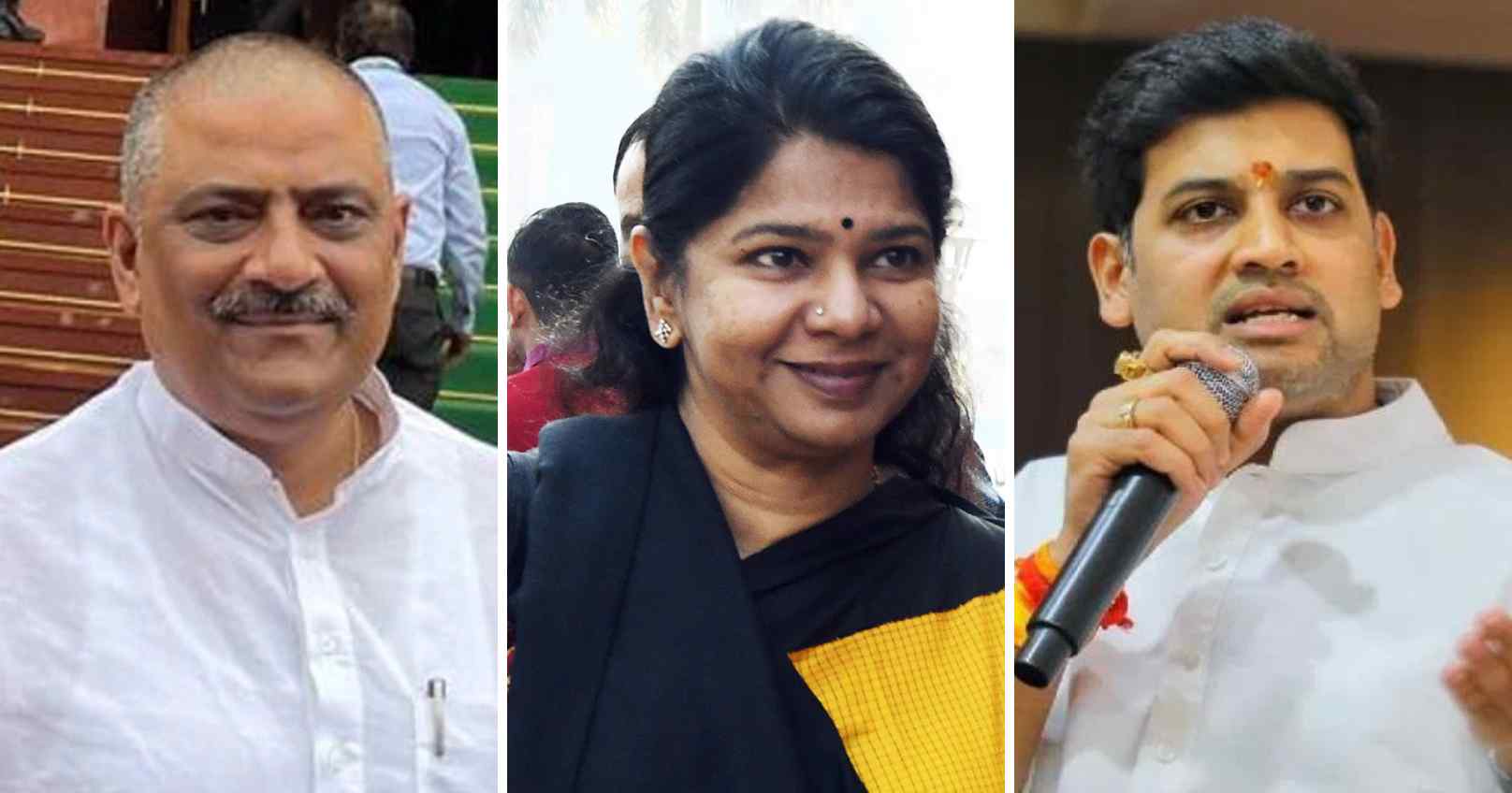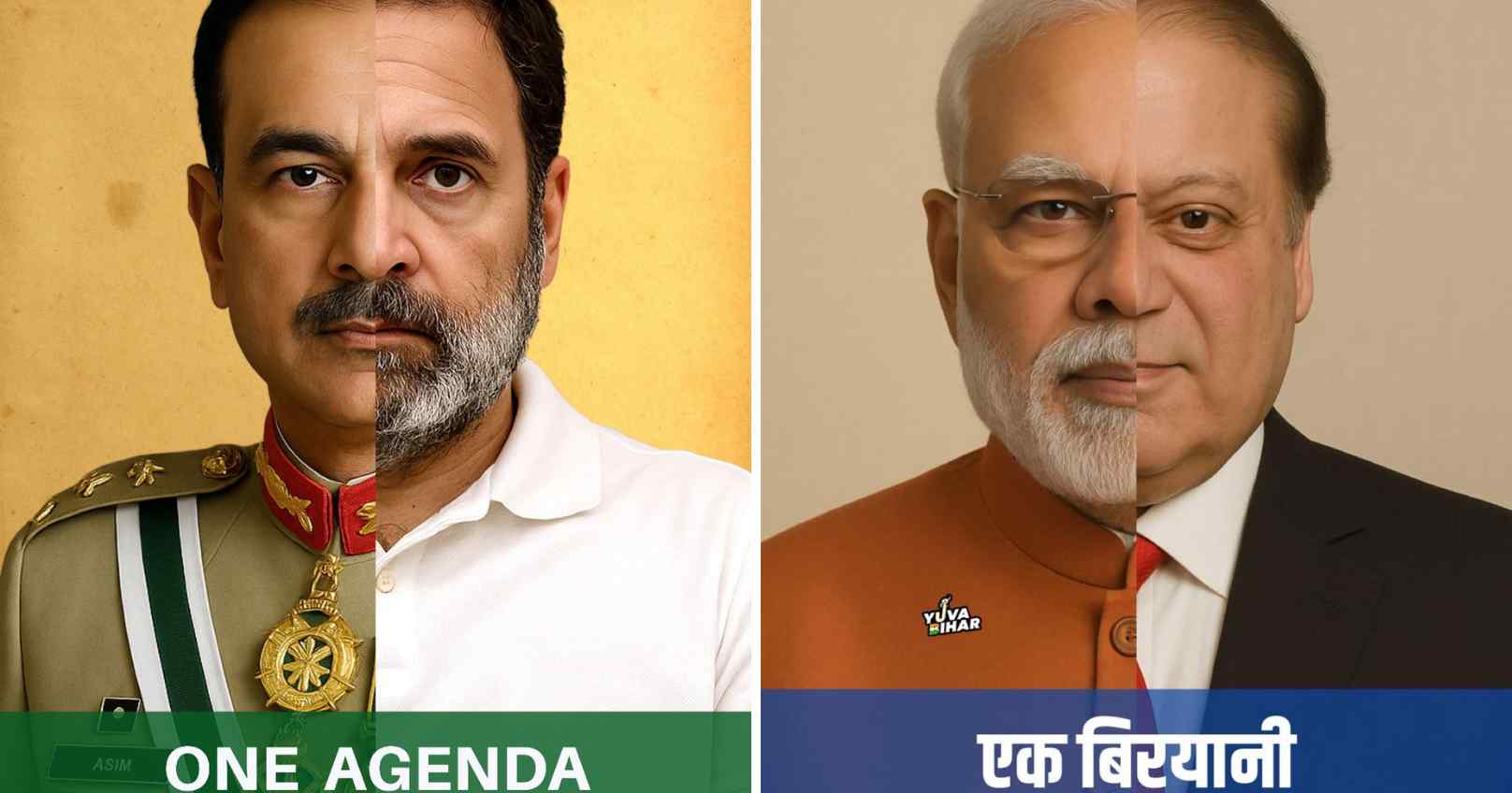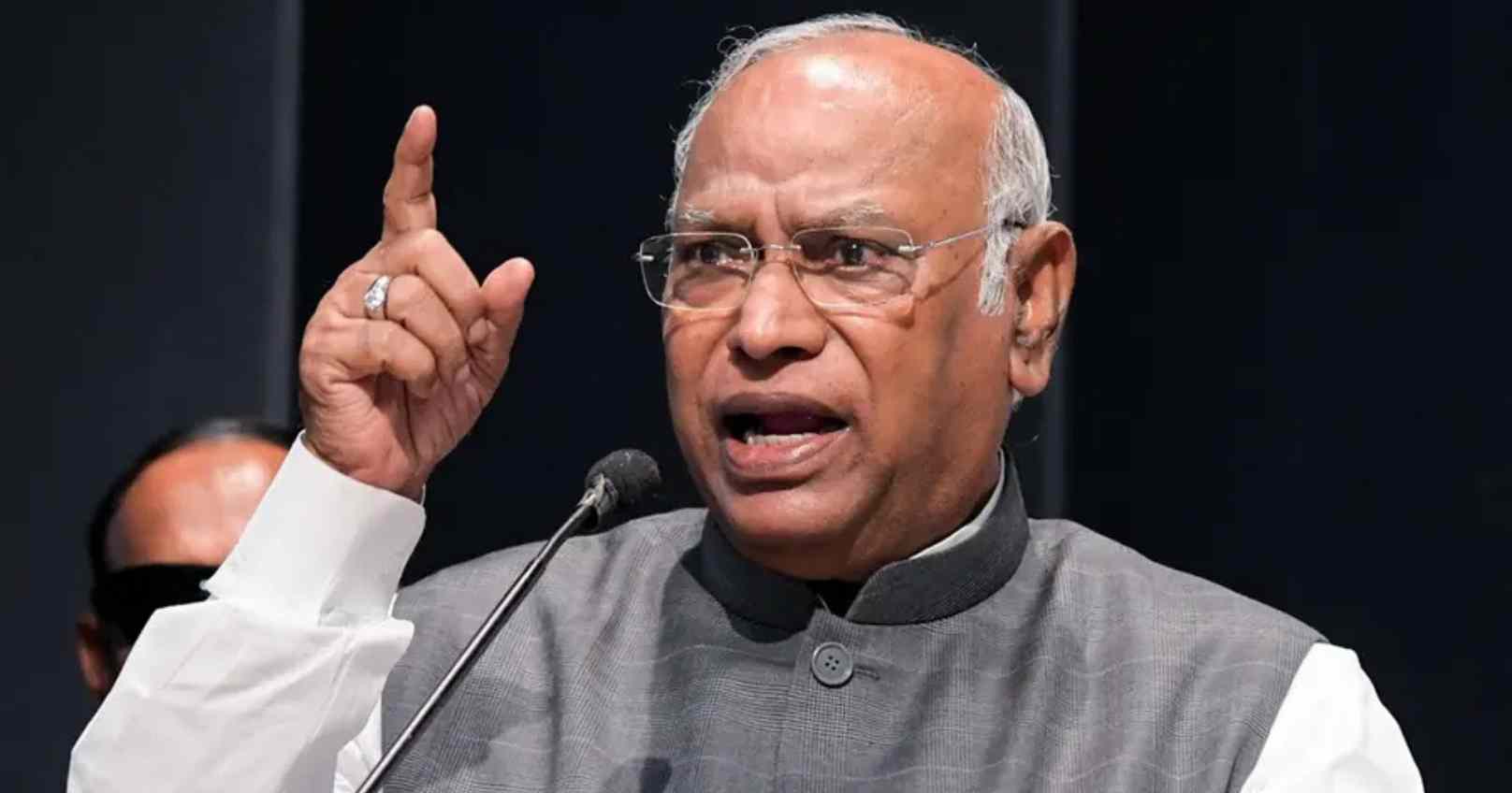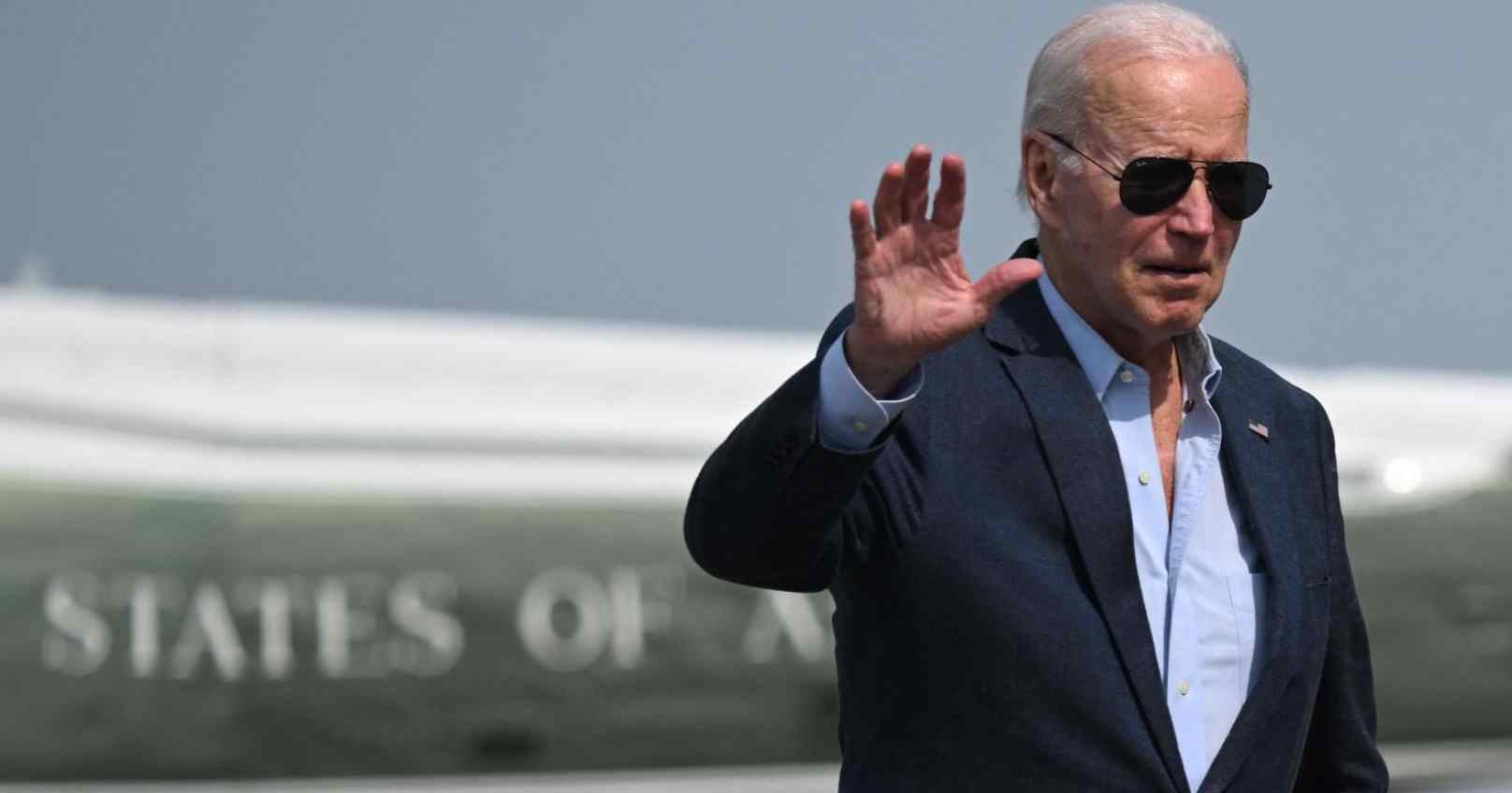In a significant diplomatic outreach, the Ministry of External Affairs has begun preparing cross-party delegations scheduled to travel to 33 countries to explain India’s counter-terror operation, Operation Sindoor, and reinforce its firm stand against terrorism. The briefings have especially focused on the evolving international narrative — particularly the U.S. statements on the ceasefire and a notable shift in China’s position.
On Monday, three delegations — headed by Sanjay Kumar Jha, Kanimozhi, and Shrikant Shinde — received comprehensive briefings. Four more teams are slated for sessions on Wednesday, while the first group is set to embark on its mission today.
According to official sources, the briefings clarified that the proposal for a ceasefire had originated from Pakistan. The Director General of Military Operations (DGMO) in Islamabad had attempted to reach out to New Delhi via a hotline around 11 am on May 10, but a technical glitch prevented immediate communication. Subsequently, the Pakistan High Commission in Delhi conveyed that their DGMO was keen to establish contact.
Although a connection was eventually made, a conversation could not take place until 3:30 pm, as the Indian DGMO was occupied in a meeting at the time. It was during this late-afternoon call that the ceasefire agreement was finalised. Sources dismissed any claims suggesting U.S. President Donald Trump’s involvement in brokering the truce, asserting instead that the outreach came directly from Pakistan. “Such back-channel discussions are routine and involve multiple countries,” a senior official noted.
The delegations were also informed of a significant development in China's stance. Contrary to past positions, Beijing did not condemn India's military operation but expressed regret, signaling a more constructive approach than expected.
When it came to Pakistan's diplomatic behaviour, officials cautioned that Islamabad often tries to portray itself as a victim on the global stage. However, India plans to counter such narratives robustly and expose Pakistan’s track record on terrorism.
The nations selected for these visits are either current or upcoming members of the UN Security Council, both permanent and non-permanent. In addition, one of the delegations will also engage with officials at the European Union headquarters in Brussels.
Each delegation is tasked with presenting India’s position to a wide array of stakeholders — from Prime Ministers and foreign ministers to parliamentarians, opposition figures, think tanks, journalists, and members of the Indian diaspora.
This extensive diplomatic push follows the announcement of Operation Sindoor and the inclusion of a broad spectrum of political representatives in the outreach effort. Prominent leaders leading the delegations include BJP’s Baijayant Panda and Ravi Shankar Prasad, Sanjay Jha of Janata Dal (United), Shrikant Shinde of Shiv Sena, Shashi Tharoor from the Congress, DMK’s Kanimozhi, and Supriya Sule from the NCP faction led by Sharad Pawar.







